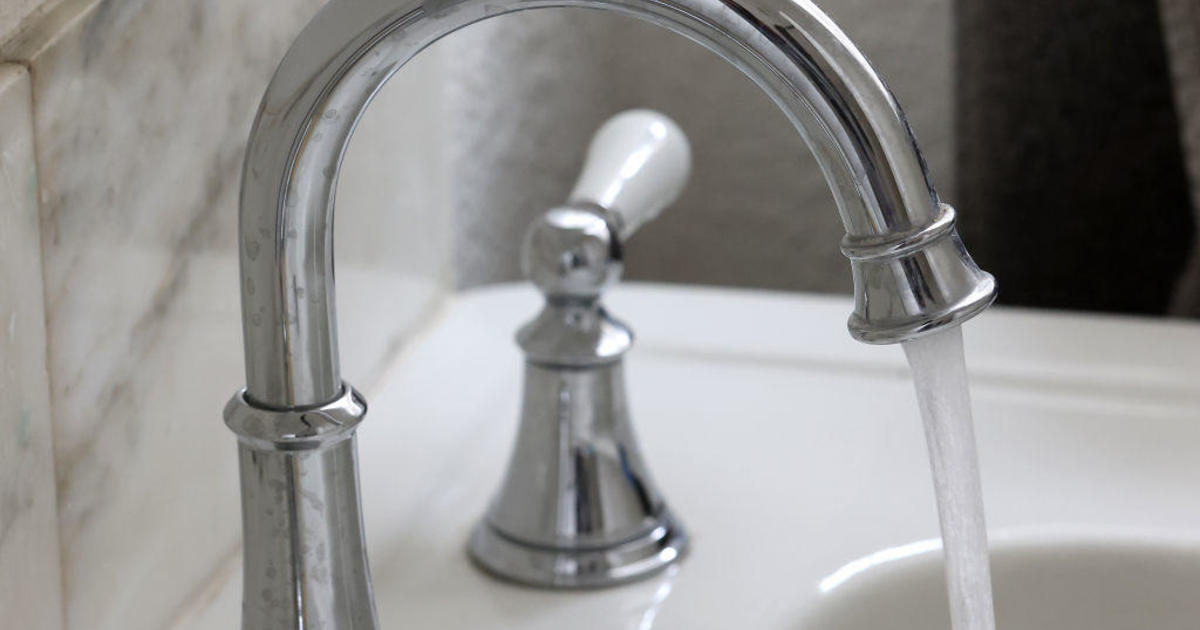Edible Yards
By Adrian Hunsberger, UF/IFAS Extension of Miami-Dade County, and Courtney McColl, Master Gardener
If you have ever dreamed of growing your own delicious garden to table food, now is a great time to start your vegetable and herb garden. While tropical vegetables are best for the summer, tropical fruit can be grown year-round.
Many edible plants can serve several functions. They can be ornamental, give shade, provide food for wildlife, perfume the air and even serve as host plants for butterfly caterpillars.
What to Grow
Because of our subtropical climate, Miami has the luxury of growing plants that can't be grown elsewhere in the United States, in addition to more traditional crops. Many different edible plants can be grown here: edible flowers, herbs, seeds and nuts, vegetable trees with edible leaves and fruiting vines, shrubs and trees. Here are some examples:
- Traditional crops such as tomatoes, beans, cabbage, squash, lettuce and peppers are grown during the dry season, which runs from October to April.
- Some favorite herbs you can grow include basil, cilantro, dill, fennel, lemongrass, oregano and rosemary.
- Consider planting the following edible flowers: marigold, butterfly pea, chives, cranberry hibiscus (Jamaican sorrel, roselle) and pansy.
- Grow seeds and nuts like sunflower, black pepper, cardamom, chia, sesame and the seeds of jackfruit.
- Feel like trying some tasty treats from trees? If so, try your hand at growing shrubs and trees with edible leaves: allspice, bay leaf, katuk (tropical asparagus), curry leaf, prickly pear (nopal) and cranberry hibiscus.
- Edible vines and shrubs include natal plum (carissa), chayote, monster (ceriman), mysore raspberry, passion fruit, pineapple and vanilla orchid.
Guidance for Good Growing
In general, full sun is best, but some plants such as herbs and leafy greens can be grown in somewhat shady areas. Even small spaces can be used for edible gardens. For small yards, choose plants that don't need much space. Fruit trees for small yards include "condo" mangos, carambola (star fruit), dragon fruit (pitaya) and bananas. On balconies and patios, it's a good idea to grow your edibles in containers. Some small edible trees can be grown in pots, although they are more productive when planted in the ground.
If you live close to salt water, some edible plants tolerate salty conditions. These include tomatoes, yucca (Spanish bayonet), rosemary, kale, peppers, guava, pineapple, cocoplum, coconut and sea grape.
Because our soil is hard to dig and can have nematodes, grow your veggies in raised beds using compost and potting soil. But it has to be done right to be successful and very productive. The Miami-Dade Extension website has a fact sheet on how to build a raised bed garden, as well as videos showing you how it's done.
Edible gardening is not difficult once you learn the basics. It can be enjoyable, productive and nutritious. It may even save you some money. To get some inspiration, consider heading to the Fruit & Spice Park in the Redland where many of these edible trees and herbs are on display.
Happy gardening!
Check Out These Resources
- The Miami-Dade Extension offers gardening and compost classes.
- Master Gardener volunteers can answer your questions at 305-248-3311, ext. 228
- To learn more, visit the Miami-Dade Extension website: http://miami-dade.ifas.ufl.edu/
- Search UF EDIS for plant fact sheets.
- Google Fruitscapes for learn more about fruit trees in landscapes
More Articles From Miami-Dade Parks
Above content provided by Parks-Foundation of Miami-Dade and Miami-Dade Parks & Recreation



